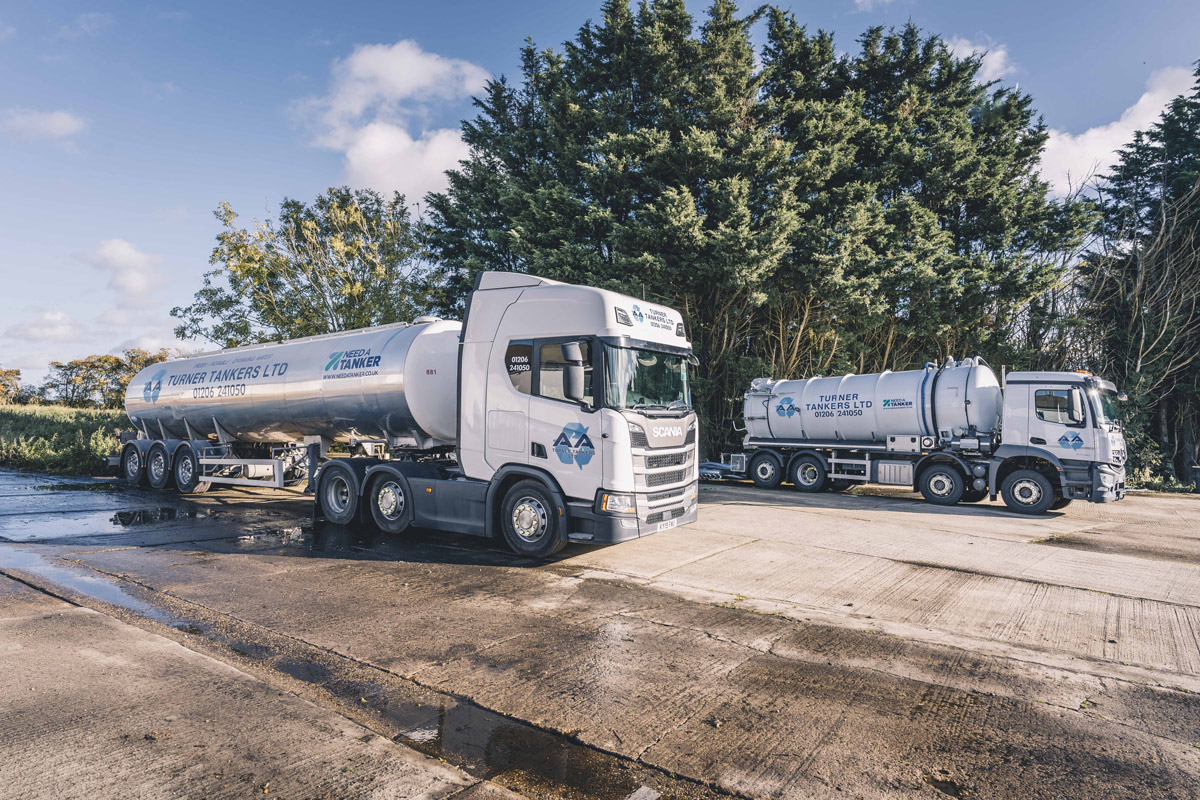Reclaim Waste - The Facts
Table of ContentsNot known Details About Reclaim Waste Our Reclaim Waste PDFs5 Easy Facts About Reclaim Waste DescribedThe Best Guide To Reclaim WasteReclaim Waste Can Be Fun For Anyone
Explore the kinds, events, and forms of liquid waste. Domestic sewer waste describes the waste and items from a property septic container. This sort of waste is created by human beings in houses, schools, and various other structures. This only includes sewage-disposal tanks that have a drain field. The correct monitoring and disposal of residential sewage waste call for liquid waste to be moved to a sewer therapy plant where the correct methods and tools are applied to detoxify and get rid of waste.
Business waste typically includes potential risks, such as combustible materials or a mix of fluid and solid waste products, and needs an advanced and detailed disposal process. The disposal of commercial waste typically includes the filtering of waste before transportation to ensure risk-free and correct disposal. Industrial waste is created from by-products and runoff of commercial procedures and production.
This type of waste can not utilize the very same sewage management transport or procedures as septic or commercial liquids. The commercial waste administration process calls for the evaluation and screening of liquid waste before it goes through the disposal procedure (liquid waste disposal). Drainage waste is the fluid waste that comes from overflow and excess stormwater in highly booming areas or cities
Overflow waste can create contamination and flooding if not dealt with correctly. Find out extra concerning sewage system cleaning and waste management. Guaranteeing correct waste administration can stop disasters and lower ecological harm. Both people in domestic settings and experts in business or manufacturing sectors can take advantage of understanding the procedures and policies of liquid waste monitoring.
About Reclaim Waste
Contact PROS Providers today to find out about our waste administration and disposal solutions and the correct ways to take care of the liquid waste you create.
(https://telegra.ph/Expert-Liquid-Waste-Disposal-and-Removal-Services-in-Melbourne-11-12)Do you understand what happens to your water when you disengage, flush the commode or drain pipes the washing device? No? Well, it's worth recognizing. This so-called 'wastewater' is not just a crucial resource but, after treatment, will be launched to our land, rivers or the ocean. Used water from bathrooms, showers, bathrooms, kitchen sinks, washings and industrial procedures is called wastewater.

water used to cool equipment or clean plant and tools). Stormwater, a type of wastewater, is overflow that streams from farming and city areas such as roofings, parks, gardens, roadways, paths and rain gutters right into stormwater drains, after rain. Stormwater streams neglected straight to neighborhood creeks or rivers, ultimately getting to the ocean.
The 5-Minute Rule for Reclaim Waste
In Queensland, most wastewater is treated at sewage treatment plants. Wastewater is transferred from residential or industrial sites through a system of drains and pump stations, called sewerage reticulation, to a sewage therapy plant. Regional governments develop, preserve and operate most sewage treatment plants. Operators are accredited under the Environmental Management Act 1994 to discharge treated wastewater at an acceptable ecological criterion right into rivers.
The Department of Natural Resources encourages city governments concerning managing, operating and maintaining sewerage systems and treatment plants. In unsewered locations, regional governments might require homeowners to set up private or house sewage treatment systems to treat domestic wastewater from toilets, kitchens, shower rooms and laundries. The Division of Natural Resources authorises using home systems when they are shown try this out to be reliable.
In some brand-new communities, therapy of some stormwater to remove clutter, sand and crushed rock has actually started making use of gross pollutant catches. Wastewater treatment happens in 4 phases: Removes strong matter.
Makes use of little living microorganisms recognizes as micro-organisms to break down and remove continuing to be liquified wastes and great particles. Micro-organisms and wastes are integrated in the sludge.
More About Reclaim Waste
Nutrient elimination is not readily available whatsoever sewer treatment plants due to the fact that it requires costly specialised devices. It is coming to be much more usual in Queensland. Clear fluid effluent produced after treatment might still include disease-causing micro-organisms. If this effluent is launched right into waterways such as rivers or the sea, the micro-organisms will at some point die out.

This normally suggests wastewater has actually to be treated or contaminants removed prior to it can be released to waterways. Most wastewater flows right into the sewage system. Under the Act, local governments provide approvals and permits for eco appropriate activities (Ages) involving wastewater releases that may have a local influence. The department provides authorizations and licences to Periods involving wastewater releases that could have a regional or statewide influence.
Rumored Buzz on Reclaim Waste
Or else, examples are taken for research laboratory evaluation. Commonly numerous tests are required to establish the levels of each of the different contaminants such as oils, heavy steels and pesticides in water. Surveillance provides accurate information about water high quality and can confirm that permit problems are being met. The details gotten through monitoring gives the basis for making water quality choices.